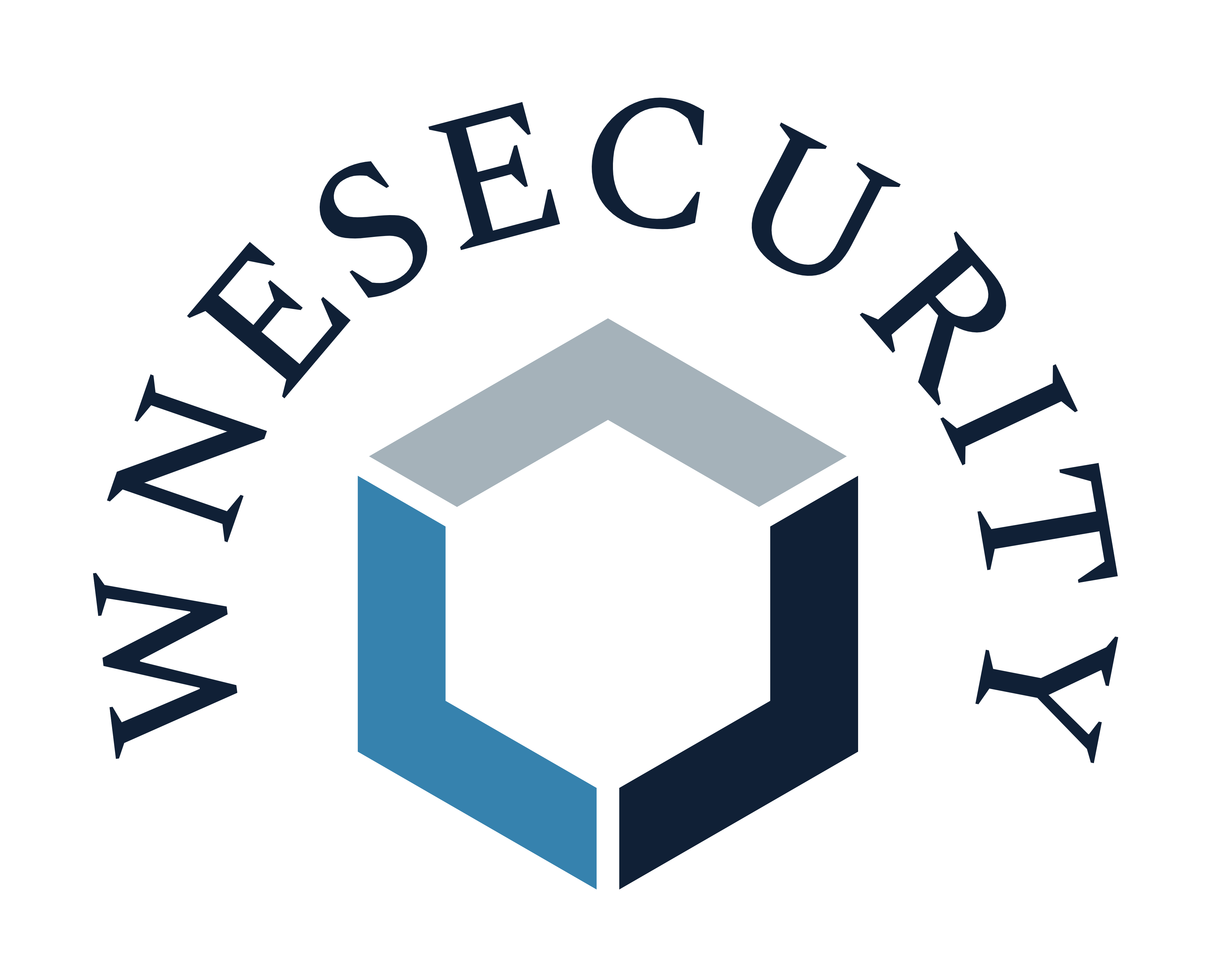WNE Security News
Read more about “CVE-2024-55550 Mitel MiCollab Path Traversal Vulnerability” and the most important cybersecurity news to stay up to date with
CVE-2024-55550 Mitel MiCollab Path Traversal Vulnerability

WNE Security Publisher
1/7/2025
(CVE-2024-55550) Base Score:
Vendors Mitigation Instructions
9.8

Learn about CVE-2024-55550 Mitel MiCollab Path Traversal Vulnerability and other newly exploited vulnerabilities and new best practices by subscribing to our newsletter.
CVE-2024-55550: Mitel MiCollab File Read Vulnerability
CVE-2024-55550 is a medium-severity vulnerability affecting Mitel’s MiCollab software up to version 9.8 SP2. This vulnerability arises due to insufficient input sanitization, allowing an authenticated attacker with administrative privileges to perform local file reads. Although this flaw does not allow for file modification or privilege escalation, it enables access to specific non-sensitive system files, which could provide additional insights to an attacker for planning further attacks.
This vulnerability does not pose a direct risk of exposing sensitive or private user data, but the possibility of obtaining low-priority system information makes it an issue worth addressing.
What is Vulnerable to CVE-2024-55550?
The vulnerability affects the following product versions:
- Mitel MiCollab: Versions up to and including 9.8 SP2.
The vulnerability specifically exploits the MiCollab software’s lack of robust sanitization on certain file access mechanisms. An attacker must have administrative privileges to exploit this flaw, which limits its overall impact. However, if exploited, this could provide access to certain local files within the application.
Mitigation and Remediation for CVE-2024-55550
To protect systems from CVE-2024-55550, Mitel has issued a fix in its updated release. Here are the recommended mitigation and remediation steps:
Upgrade to Mitel MiCollab Version 9.8 SP2 (9.8.2.12):
- Mitel has resolved this vulnerability in MiCollab version 9.8 SP2. Administrators should upgrade to this version or a later release to patch the issue.
- The updated version can be downloaded from Mitel’s official support portal.
Restrict Administrative Access:
- Limit administrative access to only trusted and verified personnel. Ensuring that admin credentials are secure reduces the chances of exploitation.
Monitor System Activity:
- Regularly monitor logs for unusual activities or attempts to access files that could indicate exploitation of this vulnerability.
Apply General Security Measures:
- Follow best practices for application security, including using strong passwords, applying patches regularly, and segmenting network access.
Mitel’s official advisory provides additional details on the remediation steps for this vulnerability.
Impact of Successful Exploitation of CVE-2024-55550
Exploitation of this vulnerability could have the following impacts:
File Access:
- An attacker can read local files within the MiCollab application. However, the disclosed information is limited to low-priority system data and does not include sensitive user or application data.
Reconnaissance for Further Exploitation:
- While the vulnerability does not allow privilege escalation or file modification, the accessed files could provide insights that attackers might use to identify other vulnerabilities or weaknesses in the system.
Operational Insights for Attackers:
- Local file reads could reveal configuration details or system logs, enabling attackers to better understand the environment and target future attacks.
It is worth noting that the risk posed by this vulnerability is relatively low, as it requires authenticated administrative access and does not expose highly sensitive information.
Proof of Concept for CVE-2024-55550
As of now, no public proof-of-concept (PoC) exploit for CVE-2024-55550 has been released. However, the technical details disclosed in the advisory and the nature of the vulnerability suggest that an attacker could leverage the lack of input sanitization in certain file access mechanisms to perform targeted attacks.
Potential Exploit Workflow:
- The attacker gains authenticated administrative access to the MiCollab system.
- By exploiting insufficient sanitization, the attacker crafts specific requests to access non-sensitive local files.
- The accessed files could then be analyzed for operational details or used for further reconnaissance.
Organizations should not wait for a PoC exploit to emerge. Immediate application of the recommended patch and mitigation measures is crucial to secure affected systems.
CVE-2024-55550 highlights the importance of input sanitization in securing enterprise applications. While the vulnerability poses limited risks due to its dependency on administrative access and its inability to expose sensitive data, it still requires immediate attention to prevent potential misuse.
Mitel’s quick response with a patch demonstrates their commitment to maintaining the security of their products. Organizations using MiCollab are strongly advised to:
- Upgrade to the latest version immediately.
- Implement best practices for limiting administrative access and monitoring system logs.
At WNE Security, we specialize in vulnerability management and application security. If you need assistance with patching or securing your enterprise applications, contact us today. Together, we can ensure your business remains resilient against evolving threats.
Learn more about WNE Security products and services that can help keep you cyber safe.
Learn about CVE-2024-55550 Mitel MiCollab Path Traversal Vulnerability and other vulnerabilities and best practices by subscribing to our newsletter.
Subscribe to WNE Security’s newsletter for the latest cybersecurity best practices, 0-days, and breaking news. Or learn more about “CVE-2024-55550 Mitel MiCollab Path Traversal Vulnerability” by clicking the links below



